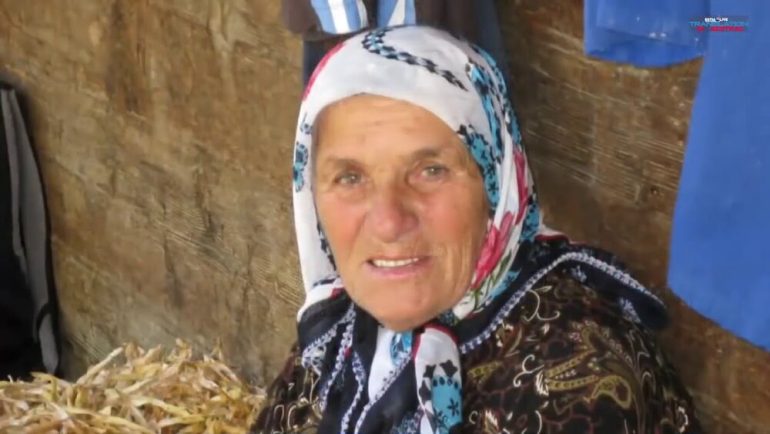On the shores of the Black Sea, in Turkey, an isolated community still speaks the Romeyka dialect, reminiscent of ancient Greek.
Variety of Pontic
Linguists have found that this is a variety of Pontic, with structural similarities to the ancient Greek language, which, however, are not observed in modern Greek.
The above data were published in the British newspaper Independent.
The community of 5000 people lives in a complex of villages near Trabzon, where the area of ancient Pontus was once located.
A Greek colony where Jason and the Argonauts, according to legend, visited during their epic journey from Thessaly to find the Golden Fleece in Colchis (modern-day Georgia).
The closest to ancient Greek
In this community people speak "Romeika", a dialect that linguists believe is the closest living language to ancient Greek, which may offer an unprecedented perspective on the language of Socrates and Plato and how it evolved.
Dr. Ioanna Sitaridou, a lecturer at the University of Cambridge, notes:
"Romanes retain an impressive number of grammatical features, which add an ancient Greek aroma to the structure of the dialect.
These features have completely disappeared from other modern variants of the modern Greek language.
"The use of the incomprehensible has been lost in all the other known Greek dialects today. E.g. Modern Greek speakers would say "I could not go" instead of "I could not go".
"But in Romeyka, not only is the indefinite preserved, but we encounter peculiar indefinite structures, which have never been observed, except in the Latin languages."
Language of heritage
Studies of Romeyka grammar have shown that it shares an impressive number of similarities with the popular common of Hellenistic and Roman times, which was spoken during Greek influence throughout Asia Minor between the 4th century. e.g. and the 4th century AD ..
Romeyka's vocabulary also has many parallels with the ancient language. Romanesque is considered more of a language of heritage than a spoken language.
Repeated waves of immigration, the dominant influence of the majority in Turkey and the complete absence of Romeyka from the public opinion of the country, have placed her on the world list of endangered languages.
Dr. Sitaridou points out:
"With only 5000 people remaining in the area, Roman is considered more of a language of heritage than a spoken language. With its disappearance, a unique opportunity will be lost to unlock the evolution of the Greek language ".
Romeyka speakers
Roman-speaking villagers, who have no written form, show other signs of geographical and cultural isolation.
They rarely get married outside their community and play their traditional music with a special instrument, the lyre.
Romeyka's speakers today are pious Muslims, who were allowed to remain in Turkey in 1923, with the Treaty of Lausanne and the exchange of Christian and Muslim populations between Greece and Turkey.
Their music is typical and can not be confused with anything else. It's really unique to Romeyka speakers.
Two interpretations
One possibility is that today Romeyka speakers are the direct descendants of the ancient Greeks who lived on the shores of the Black Sea for thousands of years.
Probably from the 6th or 7th century BC. when the area was first inhabited.
But it is also possible that they were descendants of indigenous peoples or a tribe of immigrants who were encouraged or forced to speak the language of the ancient Greek settlers.
Learn about The Romeyka Project:
With information from in.gr / Independent
